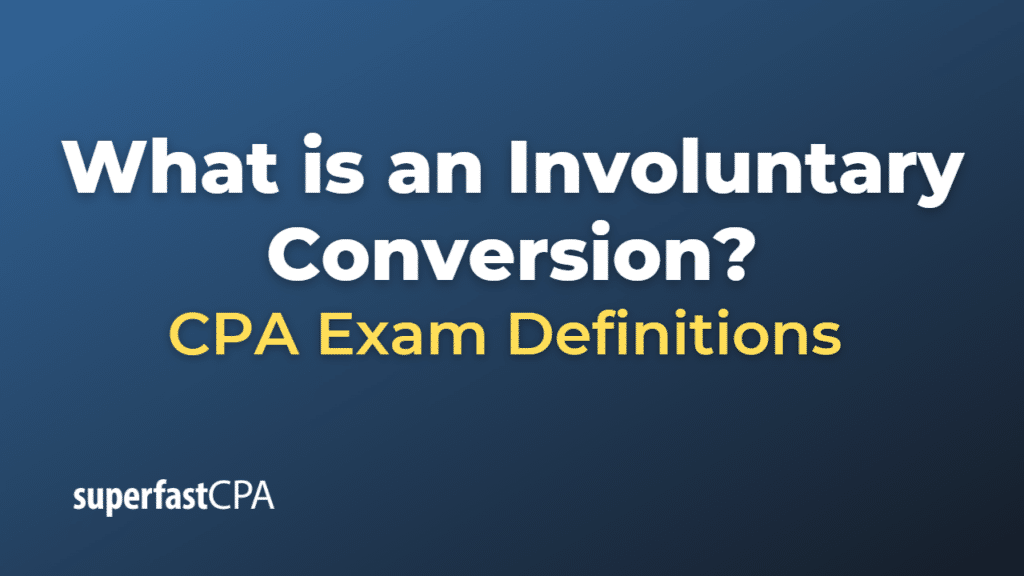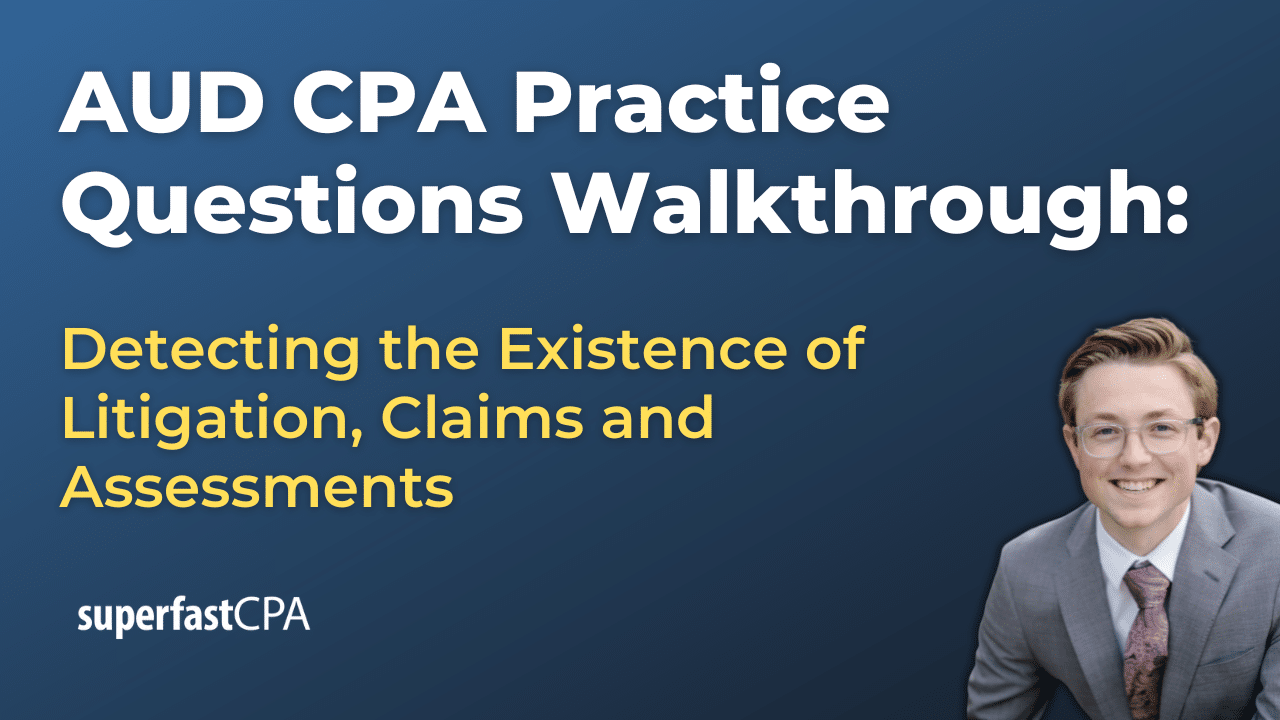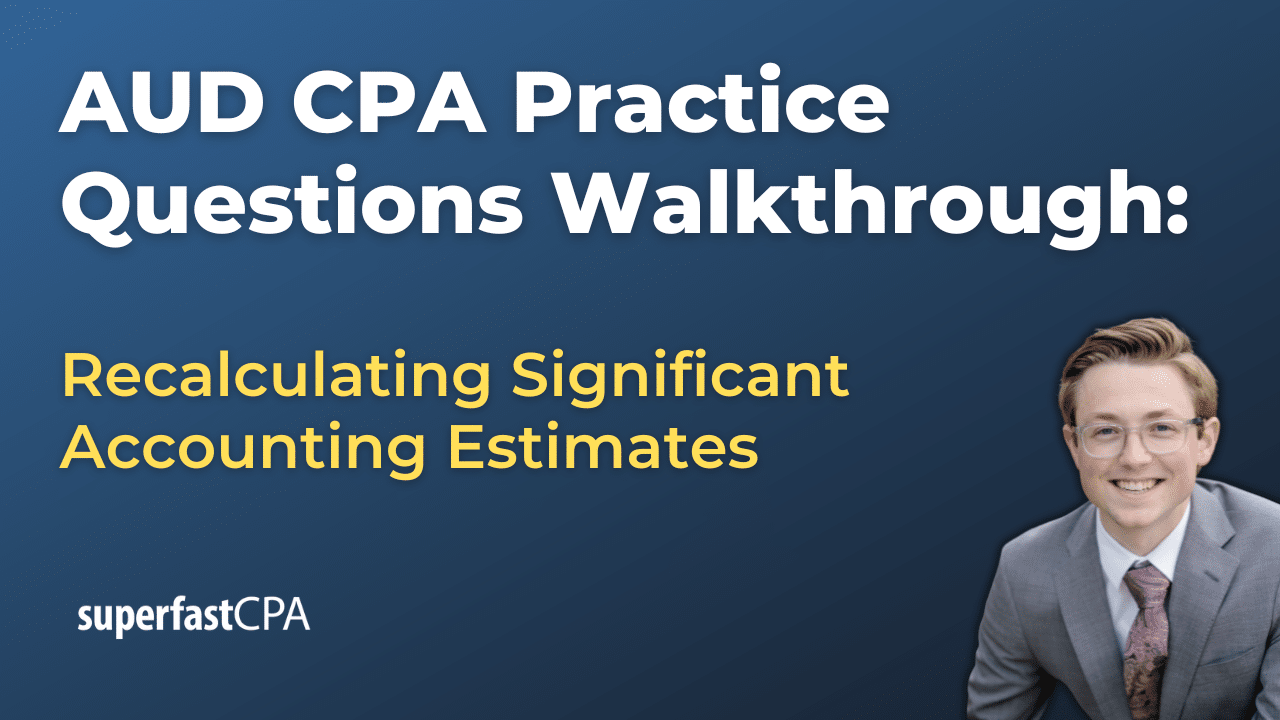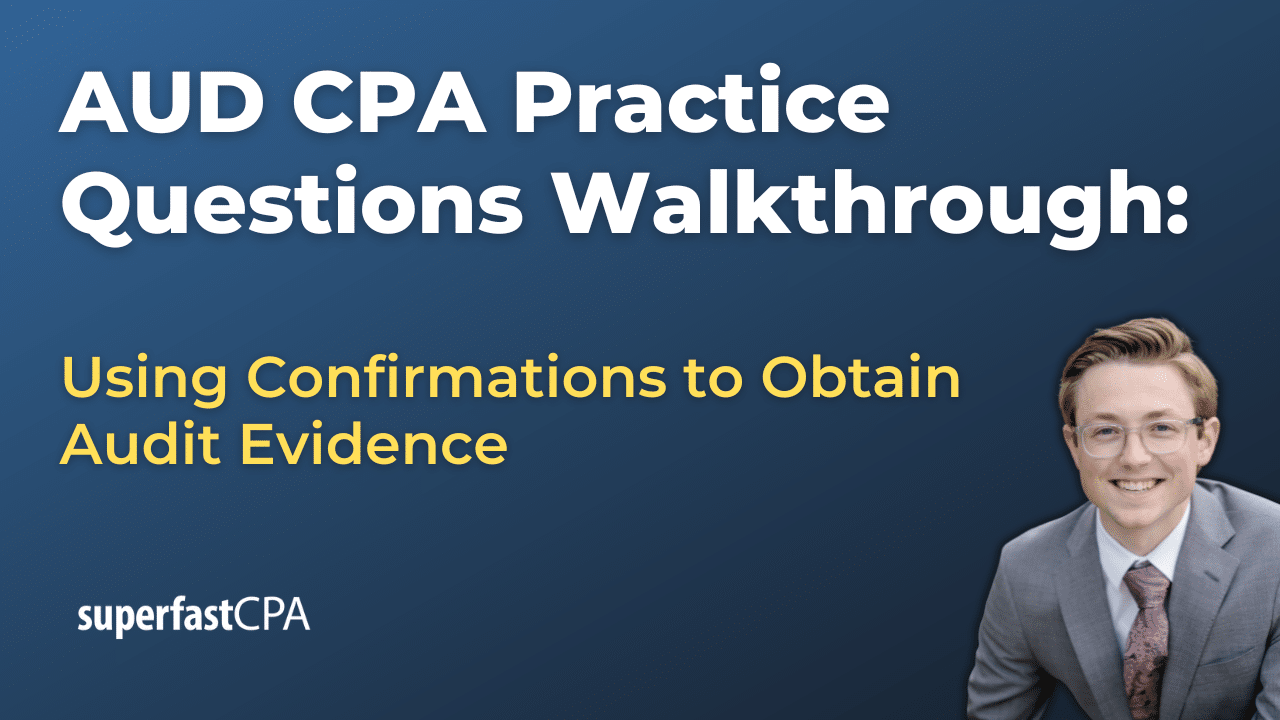Involuntary Conversion
In the context of finance and taxation, an involuntary conversion occurs when an individual or business’s property is destroyed, stolen, condemned, or disposed of under the threat of condemnation and the owner receives other property or money in compensation. Involuntary conversions can result from natural disasters, theft, seizure, requisitions, or condemnation by the government.
In many jurisdictions, including the United States, if the compensation or insurance proceeds received exceed the cost basis of the converted property, it could potentially result in a taxable gain. However, tax relief provisions often allow taxpayers to defer recognition of this gain if they use the proceeds to replace the property within a certain time frame.
For example, if a business’s building valued at $1,000,000 (their cost basis) is destroyed in a fire, and they receive $1,200,000 in insurance proceeds, they would theoretically have a taxable gain of $200,000. But if they use all of the insurance money to acquire a similar property within the time allowed, they may be able to defer paying tax on the $200,000 gain.
However, tax laws are complex and can vary greatly by jurisdiction and specific circumstances, so individuals and businesses should consult with a tax advisor or accountant to understand the implications of an involuntary conversion.
Example of an Involuntary Conversion
Sarah owns a small boutique store valued at $150,000. Unfortunately, a severe storm causes significant damage to the property, rendering the store uninhabitable. Sarah’s insurance policy covers storm damage and provides her with a settlement of $200,000.
In this scenario, the involuntary conversion is the storm damage to Sarah’s store. The insurance settlement exceeds the value of the property, resulting in a gain of $50,000 ($200,000 insurance settlement minus $150,000 store value).
Under normal circumstances, Sarah might be liable for tax on this gain. However, tax rules often allow for a deferral of this gain if the proceeds are used to replace the damaged property within a certain timeframe.
So, if Sarah uses the entire $200,000 from the insurance settlement to buy a new store within the time allowed by the tax rules in her jurisdiction, she may be able to defer the tax on the $50,000 gain. In this way, she can replace her property without an immediate tax burden.
Please remember that this is a simplified example. Tax laws are complex, vary by location, and have numerous exceptions and conditions. Therefore, in real-life situations, it’s essential to seek advice from a qualified tax advisor or accountant.














